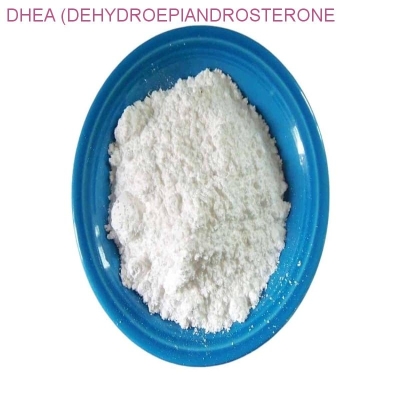-
Categories
-
Pharmaceutical Intermediates
-
Active Pharmaceutical Ingredients
-
Food Additives
- Industrial Coatings
- Agrochemicals
- Dyes and Pigments
- Surfactant
- Flavors and Fragrances
- Chemical Reagents
- Catalyst and Auxiliary
- Natural Products
- Inorganic Chemistry
-
Organic Chemistry
-
Biochemical Engineering
- Analytical Chemistry
-
Cosmetic Ingredient
- Water Treatment Chemical
-
Pharmaceutical Intermediates
Promotion
ECHEMI Mall
Wholesale
Weekly Price
Exhibition
News
-
Trade Service
The chemical (4-Chloro-pyrimidin-2-yl)-cyclopropyl-amine, commonly referred to as CCWA, is a widely used chemical in the chemical industry.
It is used in a variety of applications, including as a catalyst in the production of polyurethane foam, as a flame retardant in textiles and plastics, and as a curing agent in the production of epoxy resins.
Despite its widespread use, there are concerns about the safety of CCWA, particularly with regards to its potential toxicity and environmental impact.
One of the main concerns with the use of CCWA is its potential toxicity to human health.
Studies have shown that CCWA can cause skin irritation, respiratory issues, and even cancer in high concentrations.
Exposure to CCWA can also lead to long-term health problems, such as liver and kidney damage, and may be harmful to the developing fetus.
In addition to the potential health risks associated with CCWA, there are also concerns about its environmental impact.
CCWA is classified as a persistent organic pollutant (POP) due to its slow degradation and long-range transport in the environment.
This means that it can accumulate in the soil, water, and air, and can have harmful effects on wildlife and ecosystems.
Studies have also shown that CCWA can leach into groundwater, potentially contaminating drinking water sources.
There are several measures that can be taken to ensure the safety of CCWA in the chemical industry.
First and foremost, proper handling and storage practices should be implemented to prevent accidental exposure and release of the chemical.
This includes storing CCWA in a cool, dry area, wearing appropriate personal protective equipment (PPE), and following proper disposal procedures.
In addition to proper handling and storage, companies can also take steps to reduce the overall use and release of CCWA into the environment.
This can be done through the implementation of safer alternatives, such as non-toxic flame retardants and curing agents, and through the development of more efficient and sustainable production processes.
It is also important for companies to be transparent about the use and disposal of CCWA, and to communicate this information to employees, customers, and the public.
This can include providing training and education on the safe handling and use of CCWA, as well as disclosing any potential risks and hazards associated with its use.
In conclusion, while CCWA is a useful chemical in the production of various products, its potential toxicity and environmental impact are concerning.
It is important for the chemical industry to take steps to ensure the safety of CCWA, including proper handling and storage practices, the development of safer alternatives, and the implementation of transparent communication and disclosure practices.







